Photographs: R1carver/Wikimedia Commons Courtesy HealthCareMagic.com
There is no cure for allergies, but the symptoms which we get from exposure to allergens can be relieved.
Recently, we brought you a breakdown of the various allergies people suffer from and what causes them.
Now, we bring you techniques of coping with allergies at home.
Avoidance of allergens
An allergy is an overreaction of the immune system to any foreign substance such as pollen, dust mites, mold spores, food, insect stings, medicine etc. Allergies cause symptoms that can range from mild irritation to life-threatening anaphylaxis and even death.
Here's what you can do, therefore, to avoid allergens:
- Reduce or completely avoid exposure to allergens.
- Keep family pets out of the room or bathe them regularly.
- Remove blankets or carpets or rugs from the room and dust them everyday. Clean them thoroughly once a week
- Don't keep heavy drapes or other things that allow dust to accumulate.
- In case of dust mite allergy, use special covers on pillows and mattresses.
- In case of pollen allergy, close the windows while at home. In peak season for pollen, change your clothing when you return from outdoors.
- In case of mold allergy, keep damp areas like the bathroom clean and dry.
Anaphylaxis
Image: Reactions to pollen can bring on anaphylaxisPhotographs: Nrbelex/Brett Weinstein from Scarsdale, NY & Atlanta, GA on Flickr/Wikimedia Commons
This is a potentially life-threatening reaction which occurs in case of extremely sensitive allergies and in response to a wide range of substances such as insect venom, pollen, certain foods and medicines. Your lips and eyes can swell; the throat can also swell, causing difficulty in breathing and shock.
- Keep an antidote ready at home if you have been previously affected. Epinephrine is a commonly used and effective drug.
- Keep an antihistamine pill such as Benadryl handy.
- Have a local medical emergency number on standby.
- Make an affected individual lie on his/her back with feet elevated, using pillows or any soft material.
- Loosen clothing and provide proper ventilation.
- In case of stoppage of pulse, give him/her CPR.
Nasal rinse technique
Image: Baking soda, when mixed with water, can relieve nasal congestionPhotographs: Thavox/Wikimedia Commons
This is used in case of extreme nasal and sinus congestion, when symptoms are not reducing with over-the-counter drugs.
- Mix a small pinch of baking soda or half a teaspoon of un-iodised salt with eight ounces of warm water in a clean glass.
- Rinse your nose and mouth with this solution. If the symptoms are relieved, then discard the solution; if not, repeat the procedure.
Rashes
Image: Rashes are common in case of an allergic reactionPhotographs: Klaus D. Peter, Gummersbach, Germany/Wikimedia Commons
Rashes are common in case of an allergic reaction, but in case of drug rashes, contact a physician as soon as possible.
- Take cold showers
- Apply cool compresses
- Apply calamine lotion
- Take an oral antihistamine
Insect stings
Image: Insect stings can bring on an allergic reactionPhotographs: Zzubnik/Wikimedia Commons
Symptoms may include swelling, pain, redness, blisters and itching at the site.
- Install insect mesh on all windows and doors.
- Stay away from insect nests.
- Remove the insect sting within 30 seconds, so that venom is not secreted into the skin.
- Avoid squeezing the sac and try to remain calm; brush off the insect from the skin.
- Elevate the affected part and apply cold compresses.
- Clean the blisters with warm water, using soft detergents.
- Take oral antihistamines.
Medication
Image: Medication reduces the body's reaction to allergensPhotographs: Ayena/Wikimedia Commons
These reduce the body's reaction to allergens or block the causable symptoms with chemicals.
- Oral antihistamines: Reduce symptoms such as swelling, running nose, itching, watering eyes. Loratidine, Cetrizine, Clemastine etc are oral antihistamines.
- Nasal decongestants: Relieve nasal and sinus congestion symptoms. Pseudoephidrine, Claritin D etc are nasal decongestants.
- Nasal sprays: Sneezing, running nose and sinus congestion can be relieved by these. Azelastine, Olopatadine and Nasal Crome are nasal sprays.
- Eye drops: Itching, redness and swollen eyes can be relieved by these. Ketotifen, Naphazoline and Olopatadine are eye drops.

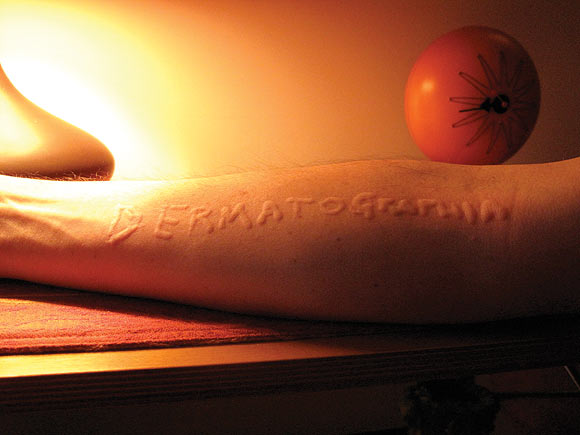

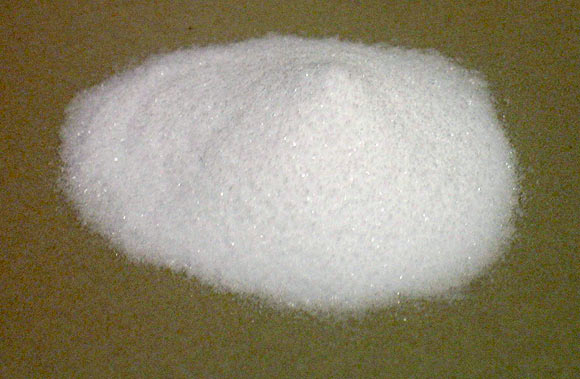
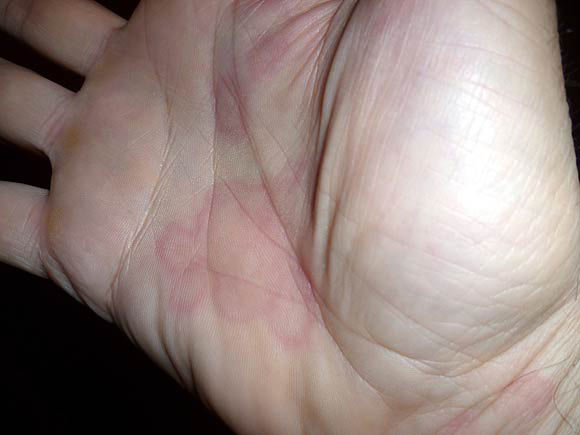
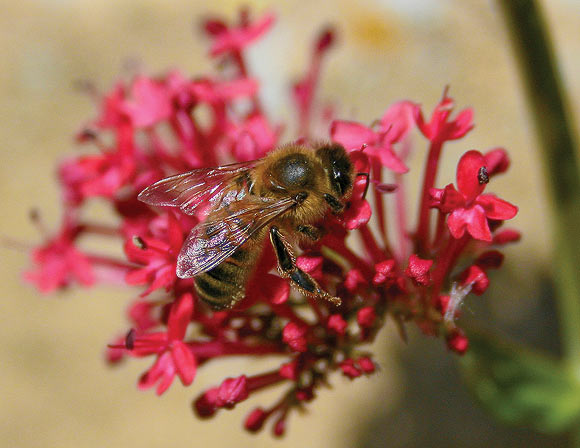
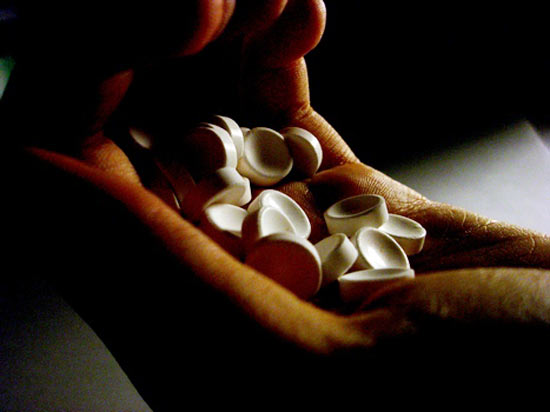
Comment
article